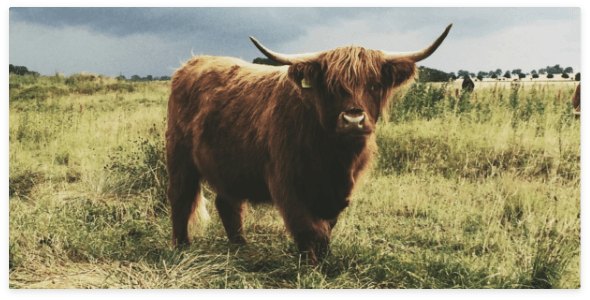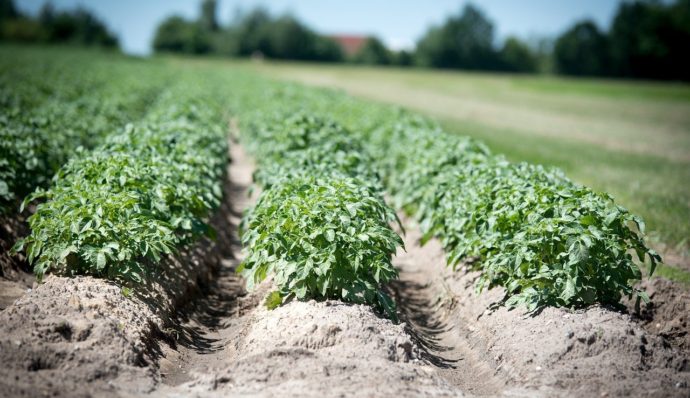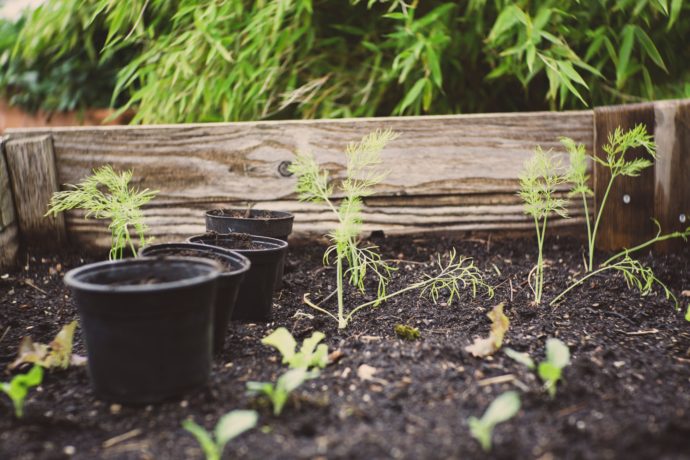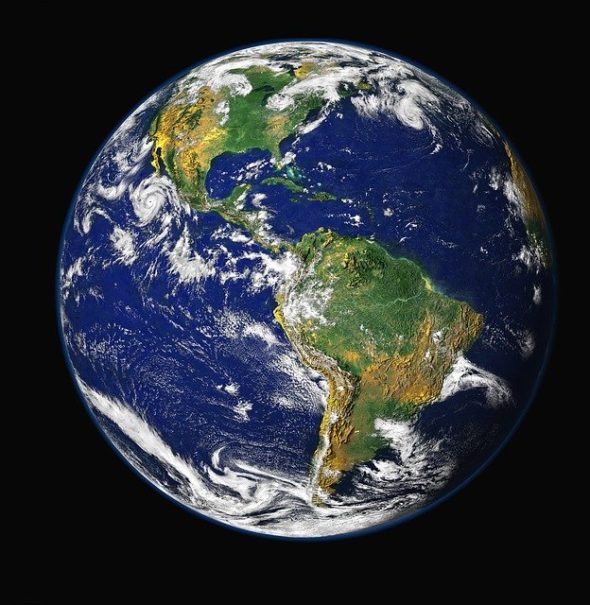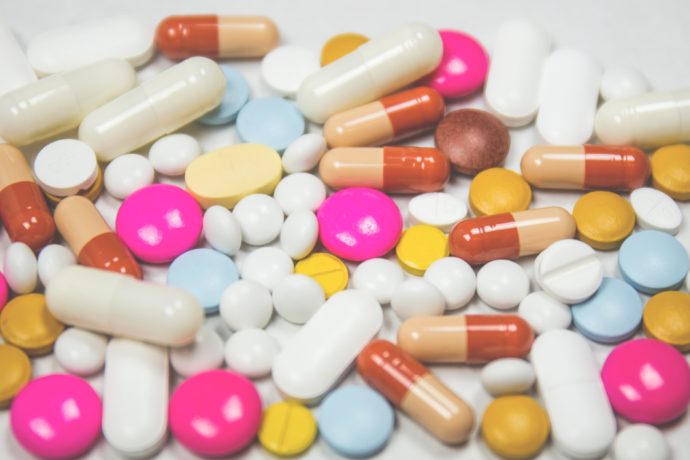Farm Animal Diseases
Animals, like humans can become infected with microbes and suffer from a wide variety of diseases. As well as an important animal welfare issue, this can also affect the supply of meat and milk, impacting on the livelihoods of farmers and the availability of affordable, nutritious food for people.
More information